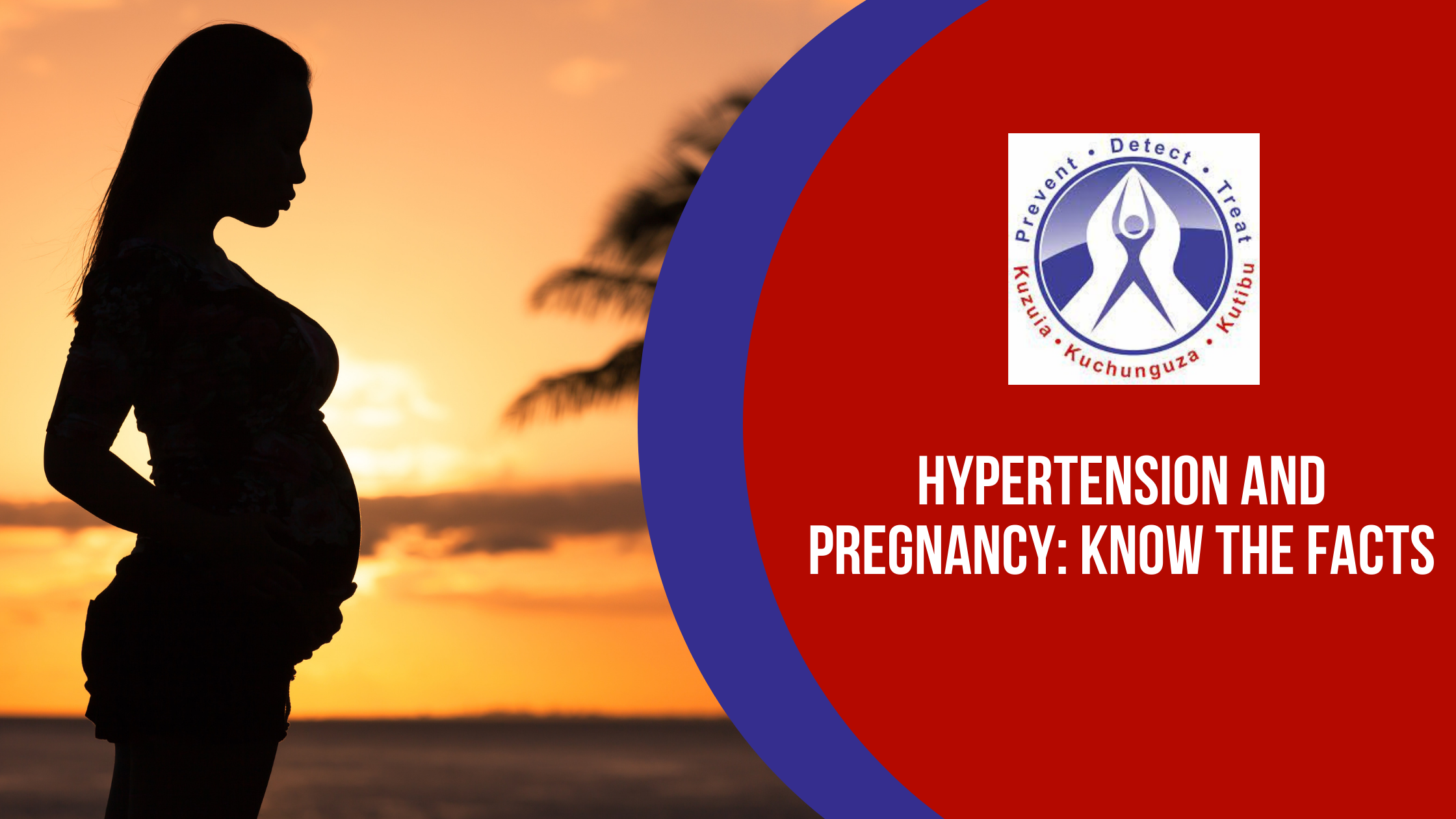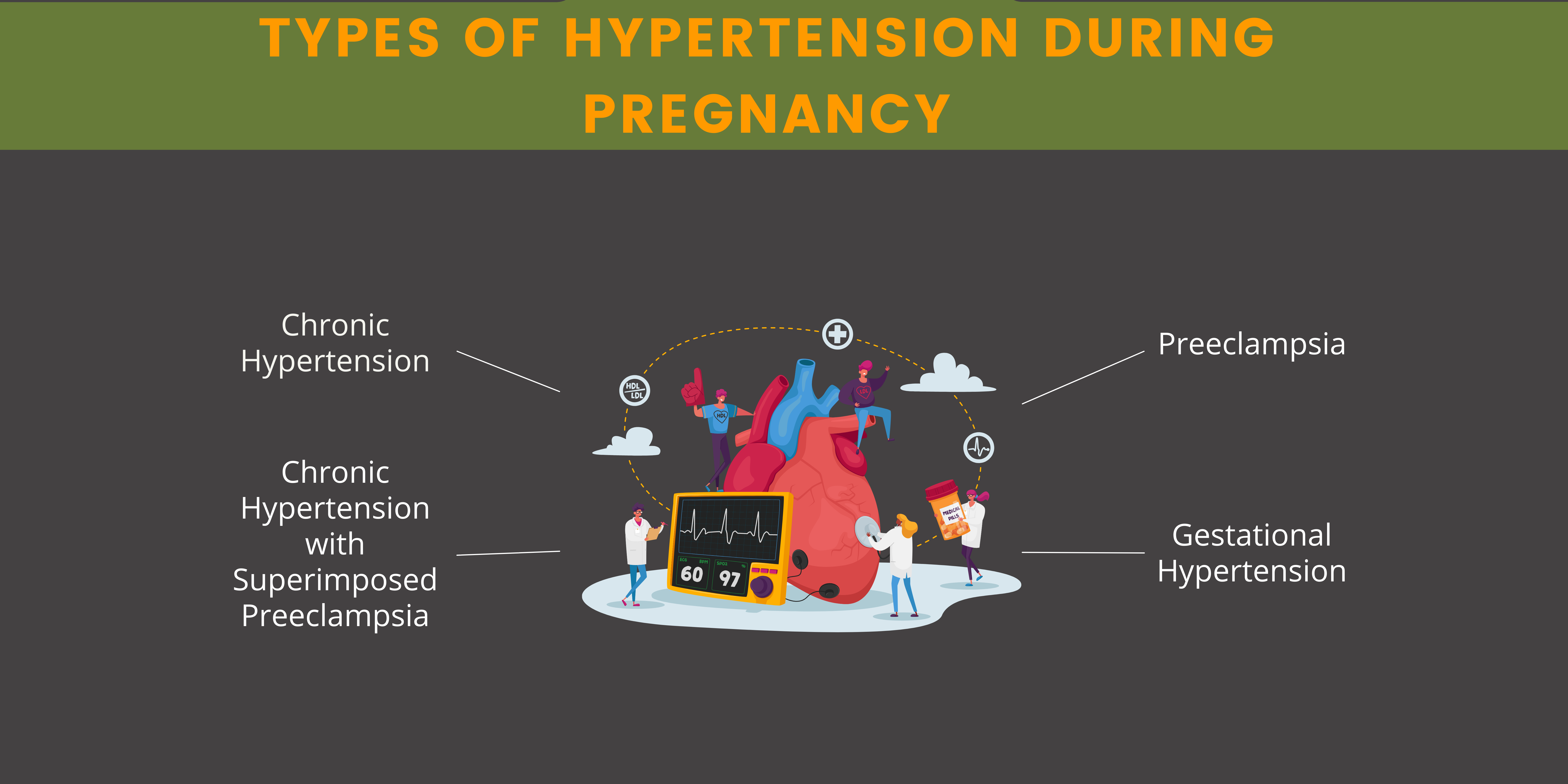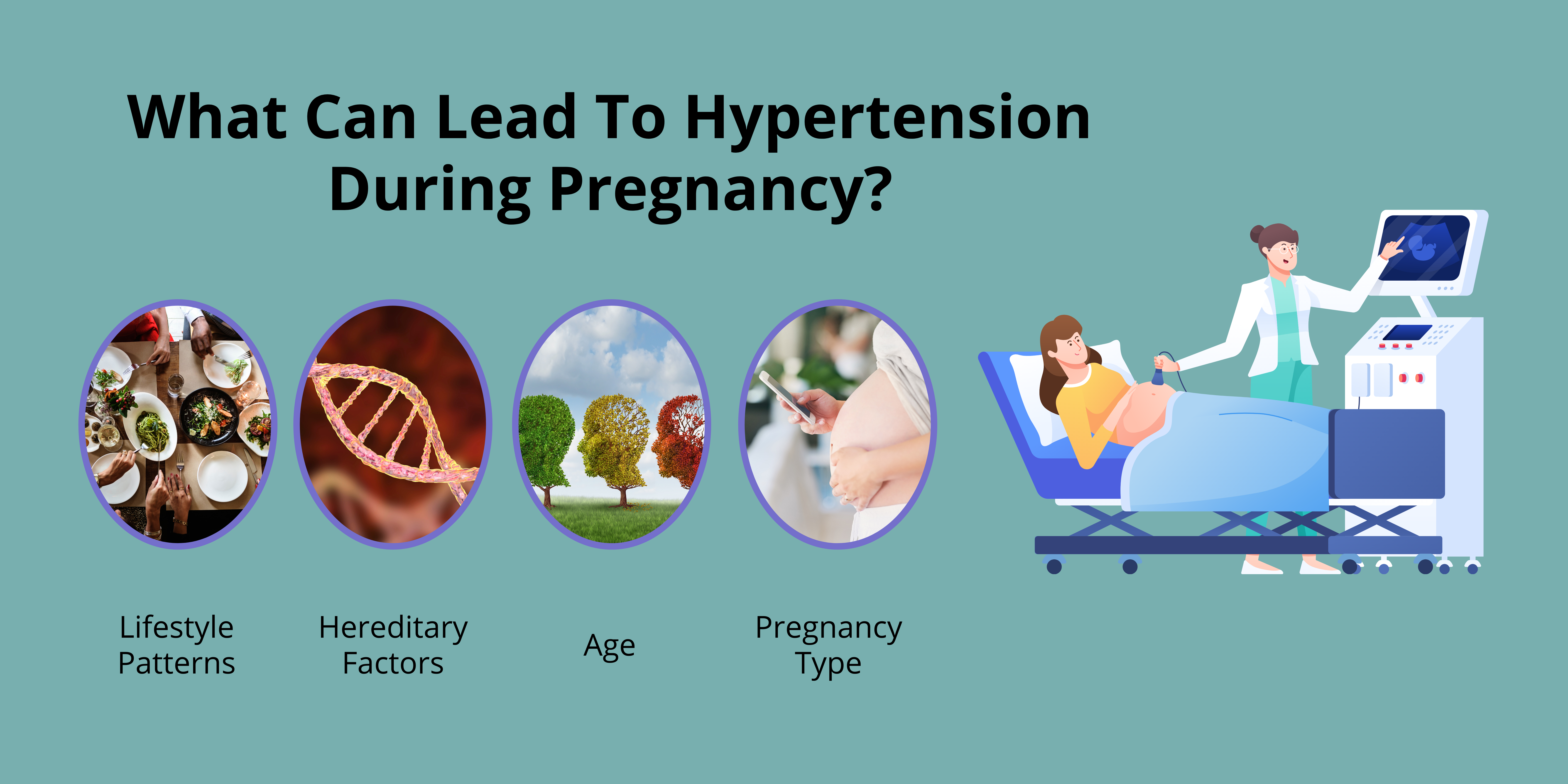Hypertension and Pregnancy: Know the Facts
284 views
Hypertension or commonly known as high blood pressure is an extremely common condition found in pregnant women. But, at the same time, if taken care of and monitored well, it is preventable and can be cured.
If the force of blood against your arteries is extremely high, this condition is defined as hypertension. It is believed that hypertension can complicate up to 2-3% of pregnancies. If a woman is suffering from hypertension, she is at higher risk of having complications before, during and after childbirth.
Types of Hypertension During Pregnancy
There are multiple types of pregnancy induced hypertension based on the severity and the effect on the body of the same. Here’s the classification of the same.

- Chronic Hypertension: If a woman has hypertension prior to pregnancy or develops it before 20 weeks of pregnancy, it is termed chronic hypertension. There are two categories of severity in chronic hypertension, namely mild and severe. If you’re suffering from mild hypertension the reading would range up to 179 mm Hg systolic and 109 mm Hg and in severe it would be around 180 systolic or 110 diastolic.
- Preeclampsia: If after 20 weeks of pregnancy, a pregnancy complication occurs due to high blood pressure and starts damaging other internal organs like kidneys or liver, it is known as Preeclampsia. This condition takes a while to recover even after one has delivered the baby. Taking sufficient calcium intake can help in reducing the risk of Preeclampsia in high-risk women who have less calcium intake.
- Chronic Hypertension with Superimposed Preeclampsia: As the name suggests, if someone already has chronic hypertension and also develops Preeclampsia, it is known as chronic hypertension with superimposed Preeclampsia. Though people believe it to be no different than kinds of hypertension, there is a notable difference between pregnancy induced hypertension and Preeclampsia.
- Gestational Hypertension: A condition of high blood pressure that usually occurs in the latter half of pregnancy, and could lead to other serious problems is gestational hypertension.
What Can Lead To Hypertension During Pregnancy?
Hypertension and pregnancy is a severe complication and dreadful combination. It is highly recommended to take care of certain factors and monitor everything closely to stay protected from them. Here’s a list of red flags to look out for to avoid hypertension during pregnancy.

- Lifestyle Patterns: Though there are several causes, unhealthy food habits and lifestyle patterns can lead to hypertension during pregnancy. Consuming food low in nutrients and minerals, being overweight, or lack of physical activity can adversely affect your health and should be avoided.
- Hereditary Factors: If you have a family history of pregnancy-related hypertension, you have a likely chance of developing it. So, it is highly advisable to undergo regular checkups.
- Age: A pregnant woman under the age of 20 or over the age of 35 has a higher risk of developing hypertension.
- Pregnancy Type: It is found that women who are pregnant for the very first time have higher chances of developing hypertension as compared to women pregnant with a second child. Adding to that, if one is carrying multiple children, she might be at risk too as the body struggles in nourishing more than one baby.
Apart from the above-listed factors, consumption of alcohol, smoking tobacco, or having diabetes disease can also lead to developing pregnancy induced hypertension.
Pregnancy Induced Hypertension Symptoms
Usually, there are equivalent to no signs and symptoms of hypertension until it is measured. But if someone is suffering from Preeclampsia, the following signs are to look out for besides high blood pressure.
- Feeling nauseous
- Decreased output of urine or increased protein in the urine
- Shortness of breath
- Problems in kidney or liver
Risks Involved by Having Pregnancy Induced Hypertension
Though high blood pressure is curable, there are certain risks involved with it as follows:
- Premature Delivery: Many women face the complication of premature delivery due to hypertension which also causes life-threatening diseases.
- Internal Injuries: If hypertension is not monitored well, it can also lead to severe issues and internal injuries to the lungs, kidneys, brain and other major organs.
- Issues with Placenta: If there is decreased blood flow to the placenta, the baby might not get enough oxygen and other nutrients which also lead to prematurity. This condition also increases the risk of where the placenta might get separated from the inner wall of the uterus and heavy bleeding.
- Cardiovascular Disease Risk: If one has been suffering from preeclampsia, there are chances that there might be an increased risk of blood vessel issues and heart diseases.
Treatment and Care
How to prevent pregnancy induced hypertension is a question that underlies every expecting woman. The treatment and care of high blood pressure depend on the severity, fluctuations as well as time of onset. Since the initial days, doctors recommend regular screenings and all forms of hypertension are to be monitored closely.
To take care, regular prenatal visits, ultrasounds and other checks are recommended. Adding to that, consuming healthy food, taking timely blood pressure medication, being physically active and following doctor’s instructions should be mandated.
As hypertension is a common problem occurring during pregnancy, taking the necessary care for a safe pregnancy and the health and wellbeing of a baby is necessary. With the ultramodern technological scans, now it is easier than ever to pre-diagnose such problems and avoid them. The Gynaecology and Obstetrics Department at Regency Medical Centre provides a complete spectrum of services for women’s health care services. The department offers comprehensive investigative, treatment and emergency service options for the complete spectrum of conditions. We understand that every woman is unique, and this in turn makes her health requirements unique as well. For your prenatal scans, you can book your appointment with our expert doctors of the Gynaecology department at Regency Medical Centre.

